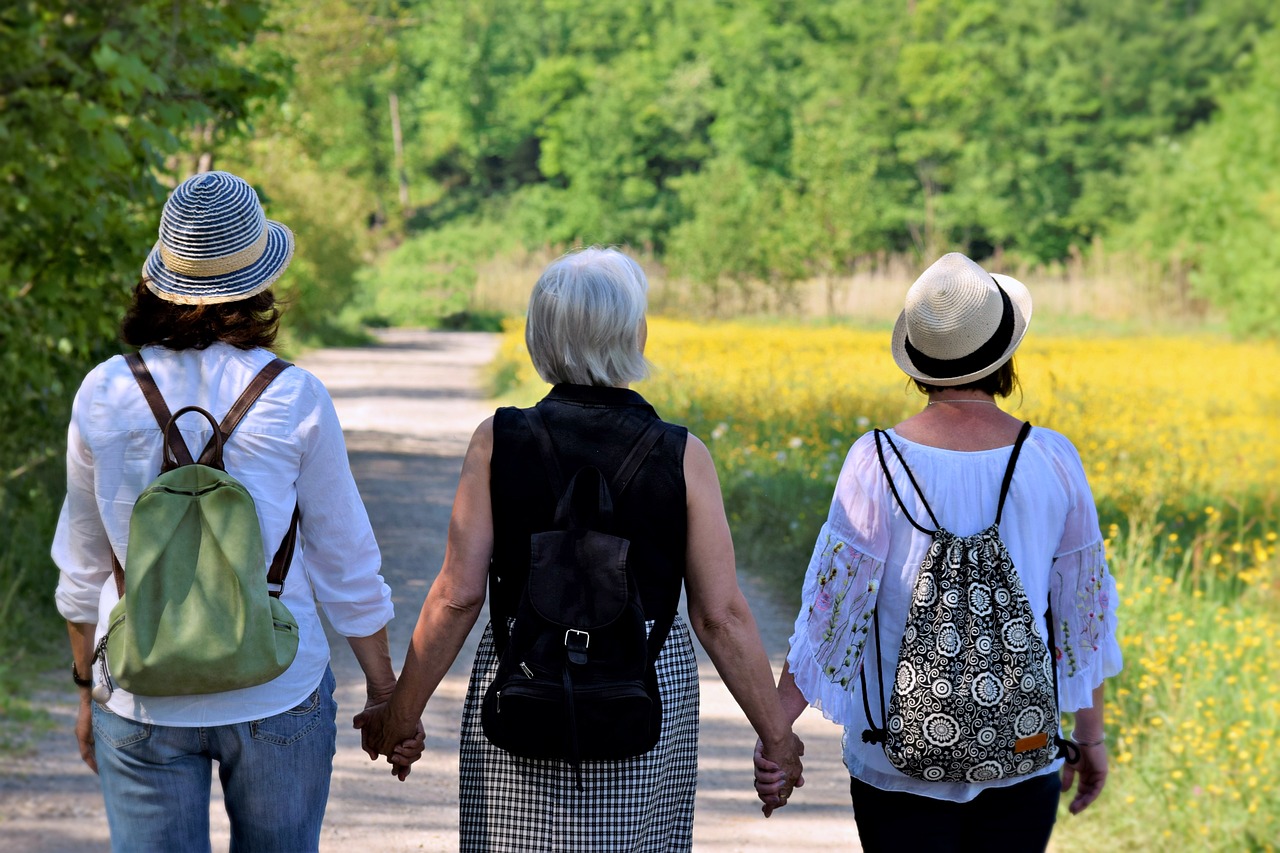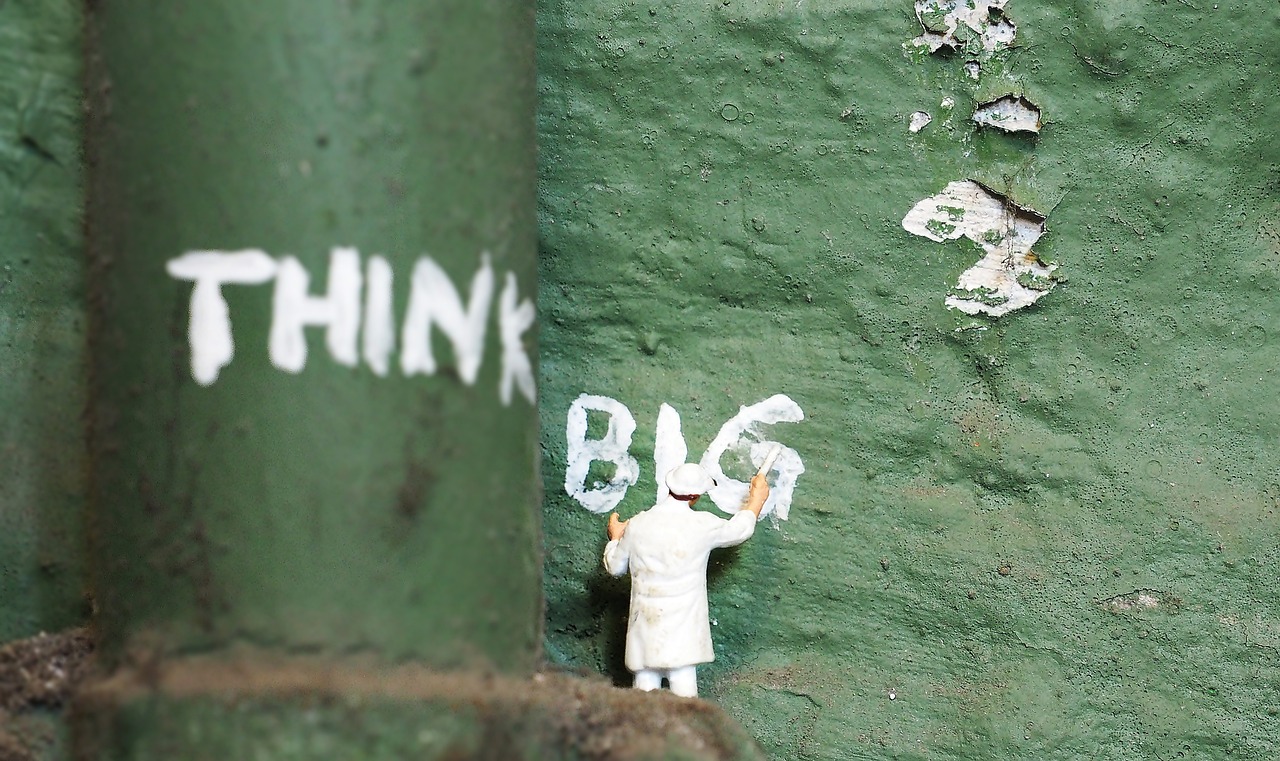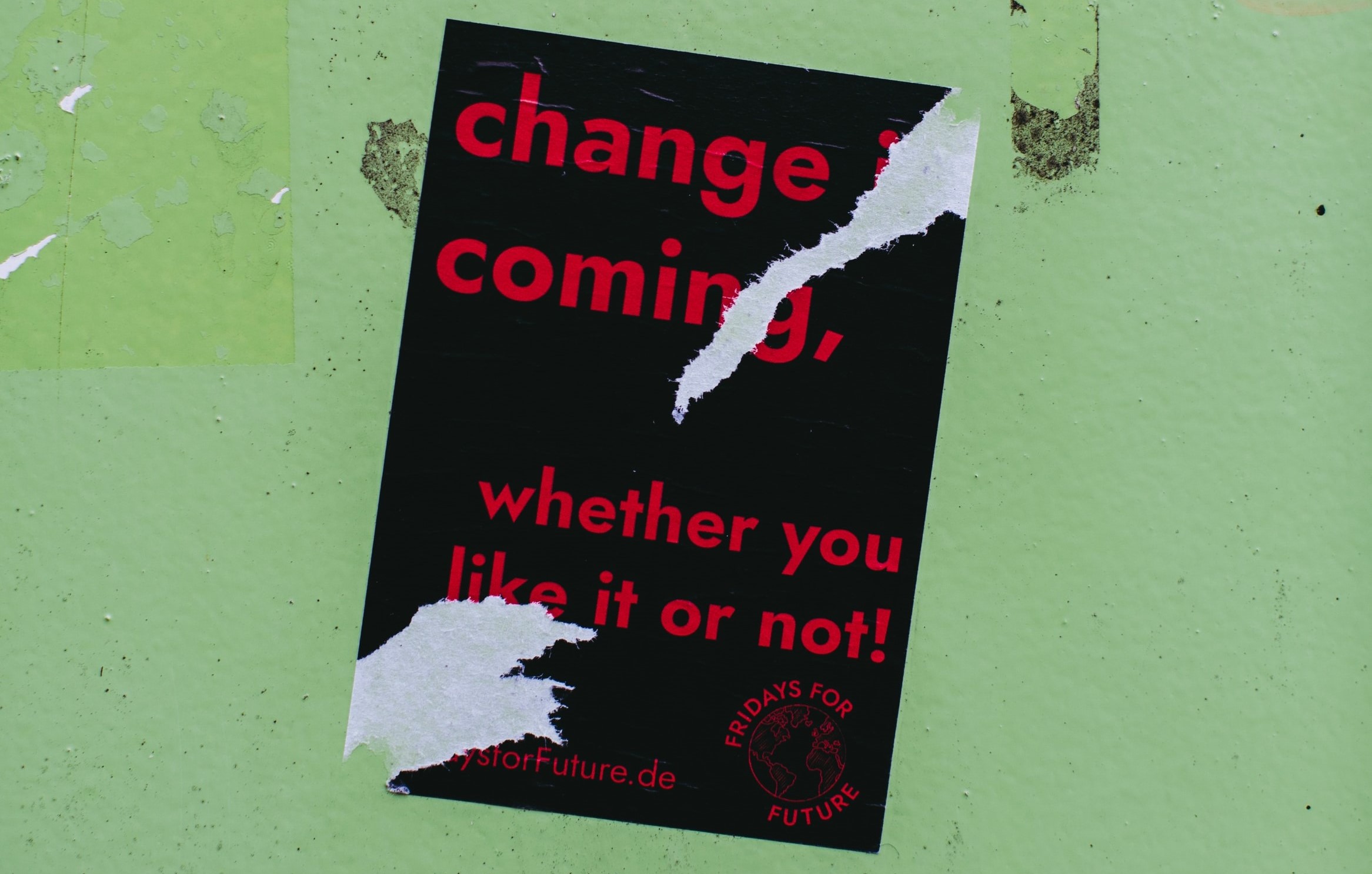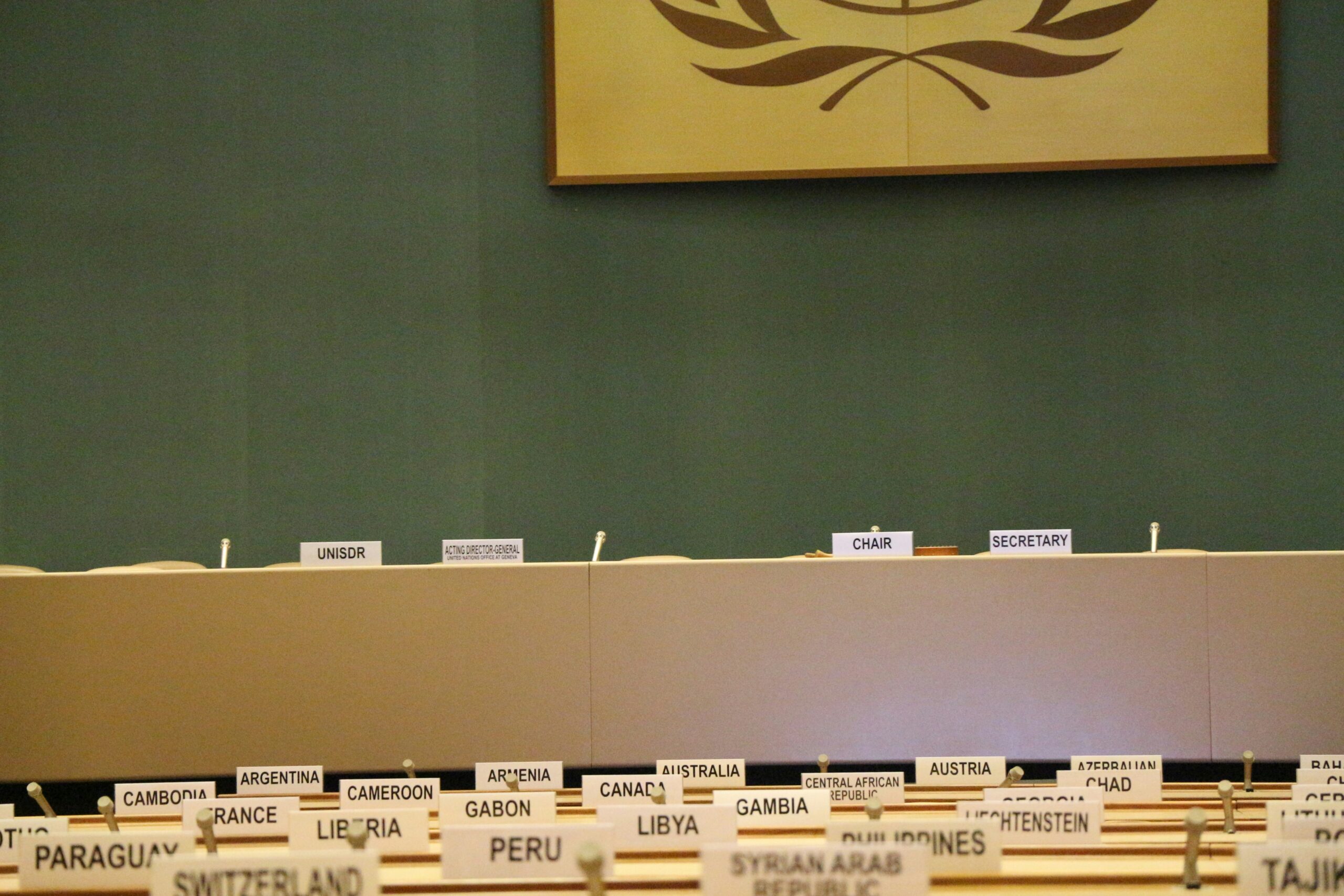Latest news about relationships and sex education from around the world
Will the election of Donald Trump impact abortion laws in the us?
Since the 2022 Supreme Court decision to overturn Roe v. Wade, 14 U.S. states have…
Programming bots to answer your students relationships and sex education questions…
In today’s digital age, technology plays a pivotal role in how we access information. One…
A step forward in the fight against gender based violence against women…
In a landmark decision, the European Court of Justice (ECJ) has ruled that women facing…
The end of menopause?
Menopause, often seen as a mixed blessing, could undergo a revolutionary shift, thanks to groundbreaking…
Should ‘undress’ apps be banned?
In the age of rapidly advancing technology, concerns about privacy and consent have taken centre…
A few thoughts on banning abortion…
In the tumultuous landscape of reproductive rights, the debate over abortion has been a persistent…
How can you use these with your students?
One of the key skills outlined by the UN technical guidance for comprehensive sexuality education is media literacy. Many of the articles written can be used in class to facilitate discussions, allowing students to be critical consumers of the media.
Not sure how? Use the questions below for inspiration.
Not sure how? Use the questions below for inspiration.
- What did you learn from this article that you didn’t know before? Did it change your perspective on any issue?
- Are there different perspectives presented in the article? How might people with different views see this issue?
- Does the article remind you of any personal experiences or stories you’ve heard? How does it relate to your life or the lives of people you know?
- In what ways might the events or issues discussed in the article have a global impact?
- How might the events or issues discussed in the article impact your local community or the community at large?
- What do you think might happen next based on the information in the article? Are there potential long-term consequences?
- Are there any ethical questions raised by the article? How might different ethical principles apply to the situation?
- What questions do you have after reading the article? What additional information would you want to know to form a well-rounded opinion?
- Can you think of alternative solutions to the problems or challenges presented in the article?
- What, if anything, do you think should be done about the situation? How might individuals or communities contribute to positive change?









